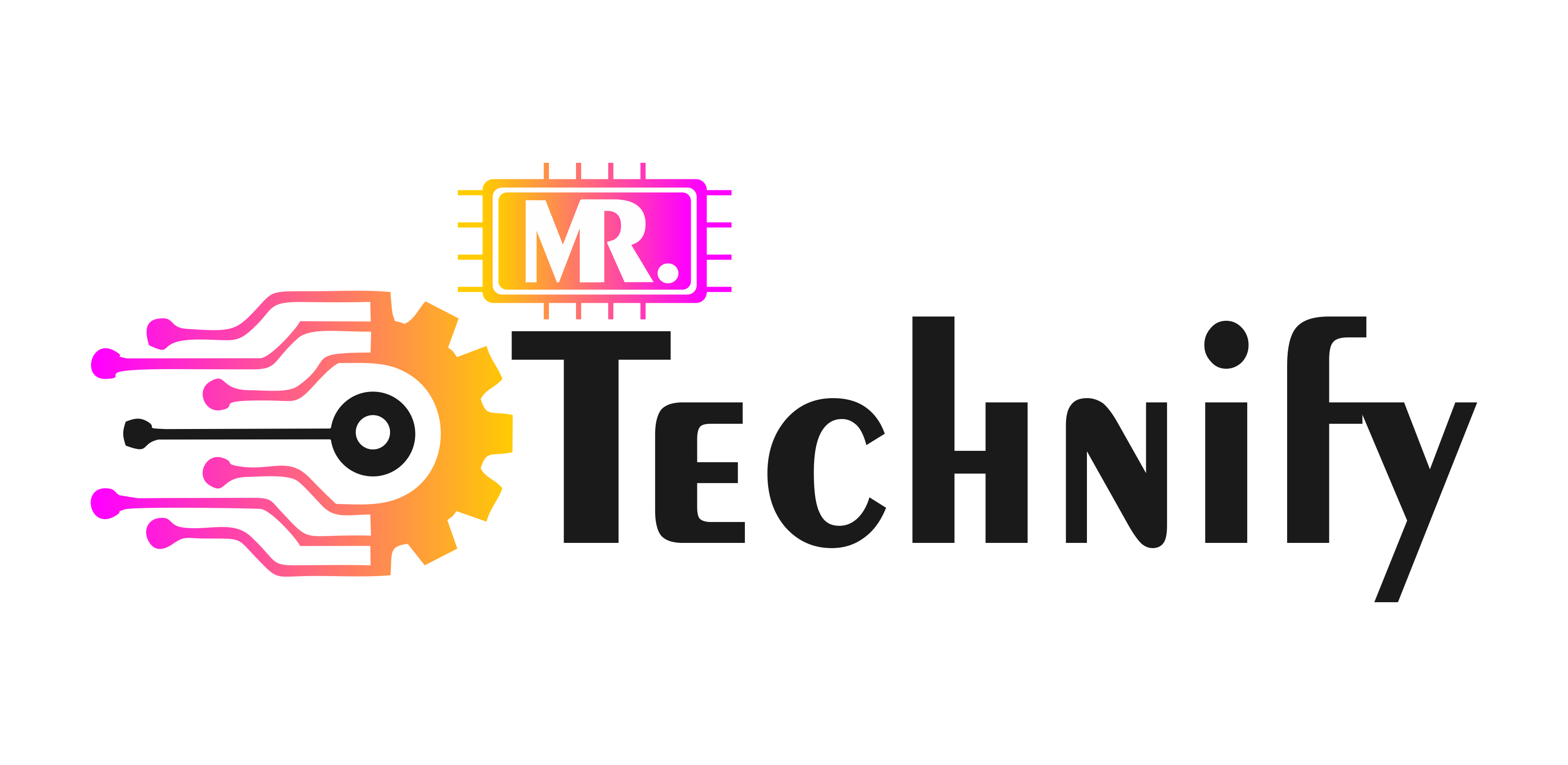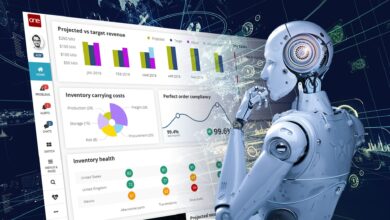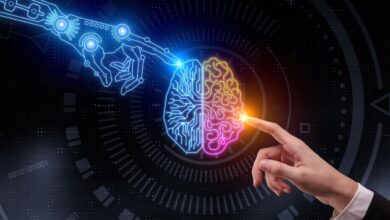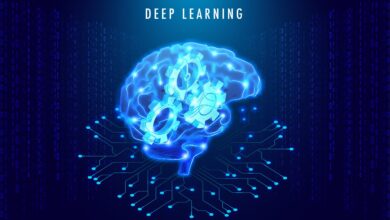Introduction to AI in Finance
Remember when we had to stand in long queues at the bank for basic transactions? Is it a scene from an old movie? AI has stormed into the finance sector, dramatically changing our experiences and expectations.
The Evolution of AI in the Financial Sector
-
From Traditional Banking to AI-Powered Analysis
The journey from traditional banking to sophisticated AI-powered financial solutions is remarkable. Initially, banking was all about physical transactions and manual bookkeeping. Now, with AI, economic analysis has reached a new pinnacle.
-
Notable Milestones in Financial AI
Did you know that the first ATM made its appearance in the 1960s? Today’s chatbots and robo-advisors are accessible 24/7 to assist customers.
Applications of Finance AI
-
Risk Assessment and Management
Ever gotten a loan approved within minutes? That’s AI working in the background, analyzing your creditworthiness, income, and other factors faster than any human could.
-
Fraud Detection
Isn’t it reassuring when your bank sends you an alert about suspicious activity? Thanks to AI’s pattern recognition, fraudulent activities are detected instantly.
-
Personalized Banking
Personalized ads, investment suggestions, and even budgeting tips – it’s all a product of AI analyzing your financial behavior.
Benefits of AI in Finance
-
Enhanced Efficiency
Remember the last time you had an issue, and it was resolved without human intervention? Bots powered by AI ensure smooth and efficient operations.
-
Precise Decision Making
With AI’s data analysis, financial decisions are more accurate and tailored, reducing the margin of error.
Potential Challenges
-
Ethical Concerns
But what about data privacy? As AI systems learn from our financial behaviors, there’s a potential risk of misuse.
-
Data Security Issues
Data breaches and hacking are real concerns. Ensuring that AI systems are secure is paramount.
Future Prospects of AI in Finance
-
Integrating Blockchain with AI
Imagine a world where your financial transactions are smart and secure. That’s the promise of combining Artificial Intelligence with blockchain.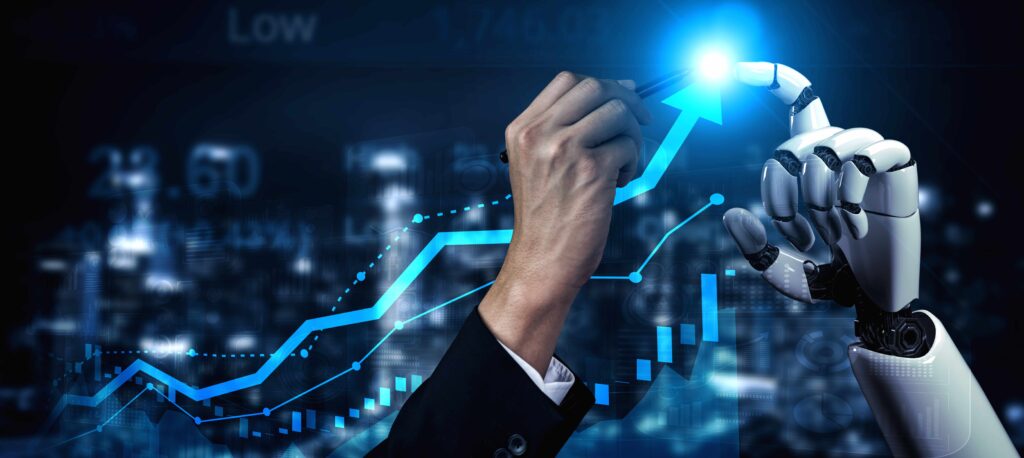
-
Predictive Analysis for Investment
Ready to play the stock market? In the future, AI might give you predictions with higher accuracy, helping you make that golden investment.
Conclusion
The transformative power of AI in finance is undeniable. As we’ve navigated through the various facets of this technology in the financial domain, it’s clear that Artificial Intelligence in finance is not just the future but the present. Embracing its capabilities can lead to more efficient, personalized, and secure financial operations. Yet, as we move forward, it’s essential to strike a balance between innovation and ethical considerations. Ensuring the responsible application of Artificial Intelligence in finance will be pivotal in harnessing its potential to the fullest.
FAQs for AI in Finance
Is AI in finance safe?
While AI brings efficiency, its safety largely depends on robust security measures adopted by institutions.
Can AI replace human financial advisors?
AI can assist in data analysis, but the human touch, understanding, and relationship-building remain irreplaceable.
What’s the role of AI in investment?
AI can provide predictive analysis based on past data, aiding in investment decisions.
Are there any risks associated with AI in finance?
Yes, potential risks include data breaches, misuse of personal information, and biased decision-making.
Rate our article (How much do you like our article
